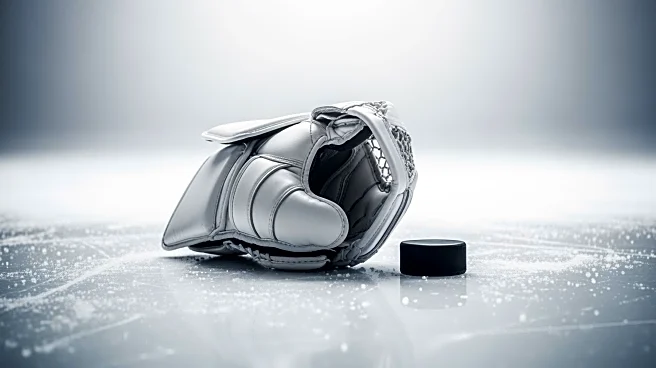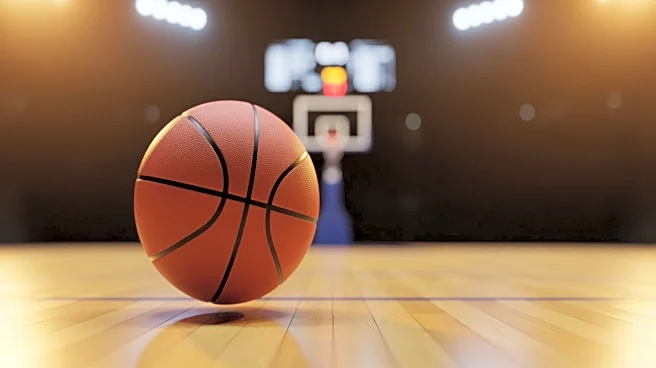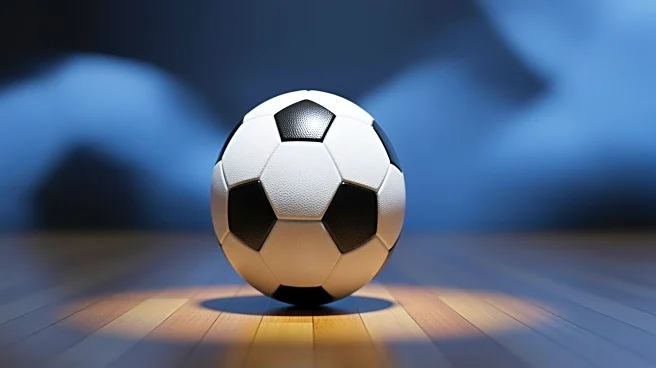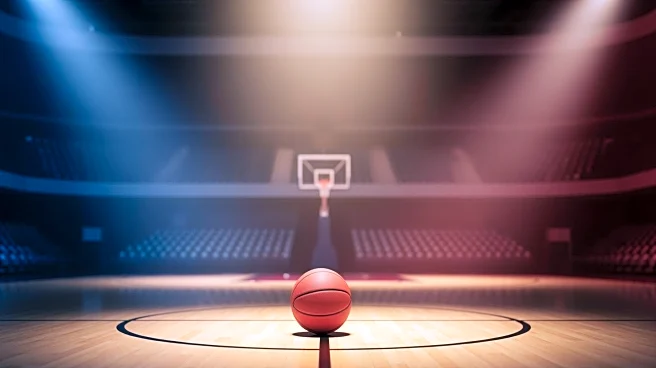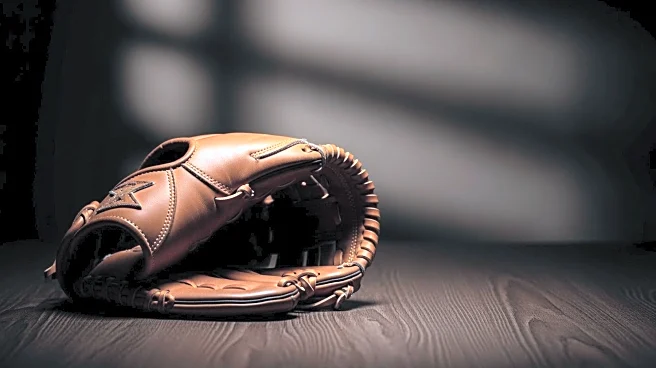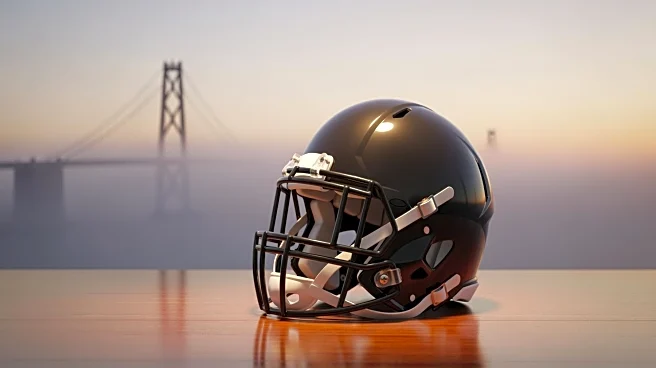What's Happening?
St. Louis Blues goaltender Jordan Binnington was involved in a peculiar incident during a game against the Washington Capitals, where he appeared to attempt to keep the puck from Alex Ovechkin's milestone
900th goal. After Ovechkin scored the goal, Binnington retrieved the puck from the net and placed it down the back of his pants. Despite the unusual action, Binnington later clarified that he intended to return the puck to Ovechkin, stating he thought of it as an 'assist' on the goal. Binnington praised Ovechkin's skill and career, acknowledging the significance of the milestone. The incident drew attention due to Binnington's history of controversial behavior on the ice.
Why It's Important?
The incident highlights the ongoing narrative around Jordan Binnington's conduct in the NHL, which has been marked by controversial actions since his rookie season. His behavior often draws criticism from opponents and fans alike, impacting his reputation in the league. The situation also underscores the respect and recognition for Alex Ovechkin's achievements, as he continues to set records and inspire players across the league. The interaction between Binnington and Ovechkin serves as a reminder of the sportsmanship and respect that is expected in professional sports, even amidst competitive tensions.
What's Next?
While Binnington has clarified his intentions, the incident may continue to be a talking point among fans and analysts, especially given his history of on-ice antics. The Blues and Binnington may face scrutiny in future games, with opponents potentially more vigilant about his actions. For Ovechkin, the focus will likely remain on his pursuit of further milestones, as he continues to build his legacy in the NHL. The Capitals will aim to capitalize on their victory and maintain momentum in the season.
Beyond the Headlines
The incident raises questions about the culture of sportsmanship in the NHL and the impact of individual player behavior on team dynamics and league reputation. Binnington's actions, whether intentional or not, reflect the pressures and competitive nature of professional sports, where players often walk a fine line between aggression and respect. The broader implications may involve discussions on how the league addresses and manages player conduct to uphold the integrity of the sport.
